New water bottle refill stations save over 7,000 plastic bottles
October 20, 2017
With the school year in full swing, students are taking note of the new water bottle refillers. They’re installed in two locations, one is across from Sarah Andersen’s classroom, and the other is by the bathrooms on the way to the cafeteria. Students are now able to refill their reusable water bottles instead of throwing away plastic ones after each use.
“I use the water bottle refillers everyday,” Sarah Gadwa said. “I like that I don’t need to bring a lot of water bottles anymore. My fridge used to be stocked full with them. I use the refill station about once a day, but when it was hotter out, I would use them more.”
Students are also noticing that Tracy Skene and her Transition One class aren’t recycling water bottles anymore.
“The reason we are not able to recycle plastic bottles anymore is that Mrs. Skene, whose students organize our recycling efforts, was not able to find a local recycling company able to do the job,” said principal Mark Suchowski. “We continue to search for one willing to handle the volume of plastic we generate for recycling.”
FHS has saved approximately 7,214 water bottles to date. Suchowski is hoping we will save many more through the years.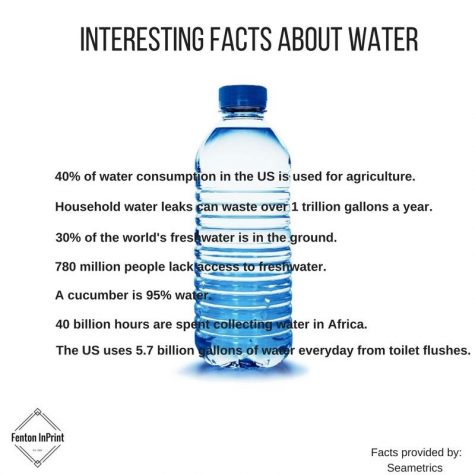
“The two refill stations we have are considered a pilot program,” Suchowski said. “If students and staff continue to be responsible in their use of them, we plan to install more.”
As students pass by these stations in the halls, they find that the stations make filling up their bottles quick and easy.
“Usually when I’m filling up my water bottle I have to tip it to the side, because they’re taller than the water fountain,” Sophomore Lilly Thompson said. “It typically doesn’t fill up all the way and when it does, I’m pretty clumsy and I’ve spilled the water before, so it’s a lot easier convenience wise to have the bottle straight up, and you don’t have to sit there and hold the fountain with your elbow.”
Suchowski is hoping that the students and teachers will drink more. Dehydration causes brain tissue to shrink according to Greatist, which means our brains have to work harder to perform the simple tasks.
“I think that more water will be consumed by using these refill stations,” Suchowski said. “The goal was not to save water; in fact, we hope more students will use them to consume more water throughout each school day–certainly a healthy practice.”
Dehydration can affect short term memory function as well as long term memory function and consuming water before or during class can help to re-energize the brain, according to Psychology Today.
“Students still use the refill stations or traditional drinking fountains for a sip of water, but refilling a bottle uses more water,” Suchowski said. “This is a good thing. Students are better able to focus on classroom activities when they are well-hydrated.”
By some students choosing to use the refill stations instead of throwing their bottles away, many plastic water bottles are saved and reused instead of thrown away.


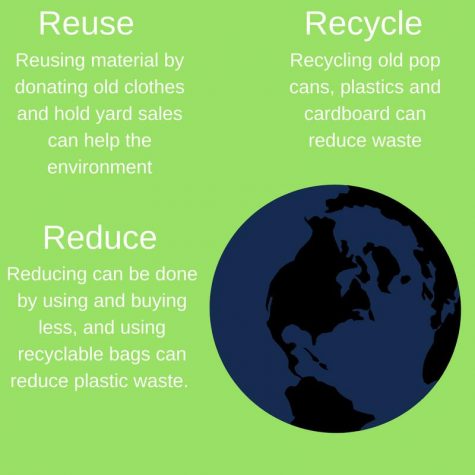


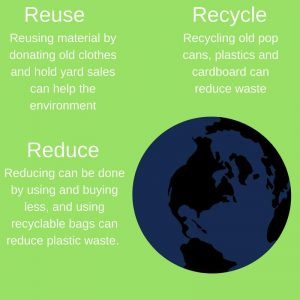

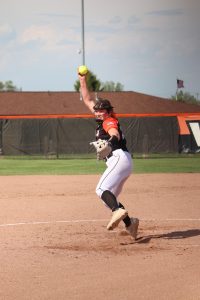




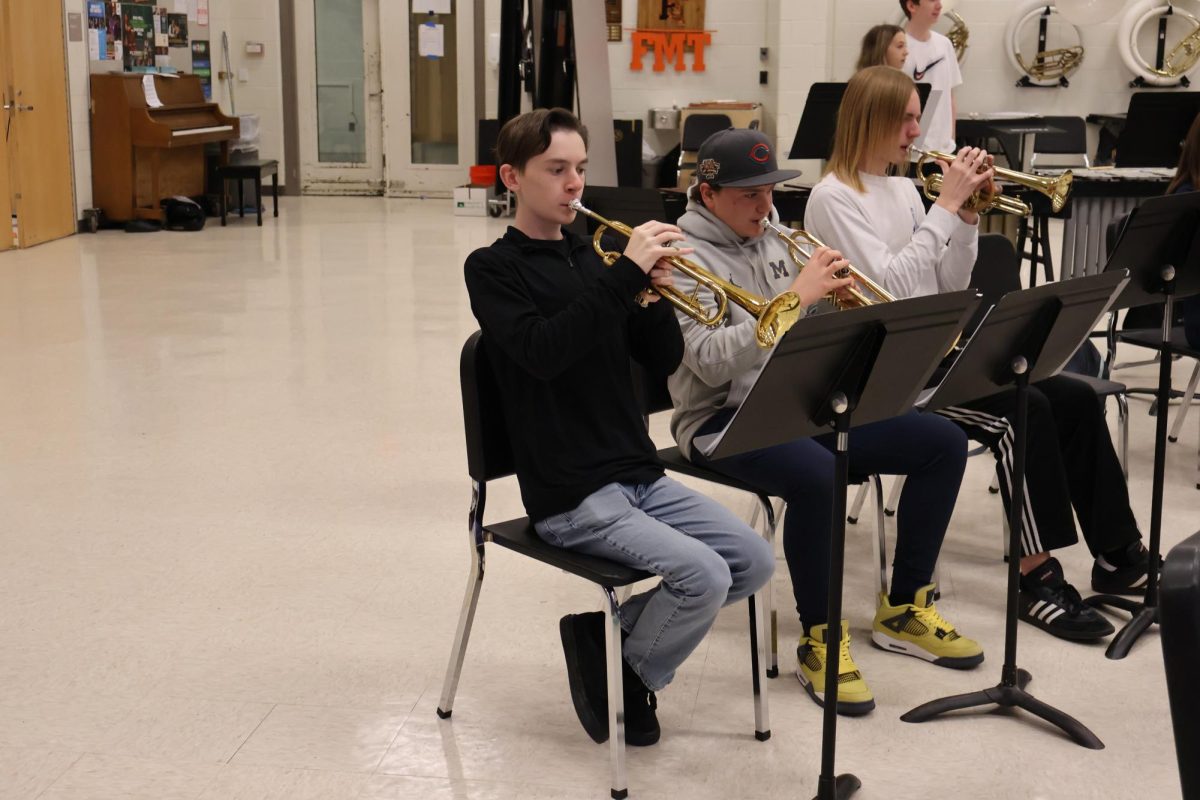

Heather Mulligan • Oct 23, 2017 at 7:52 PM
Great article. I loved finding out more about the benefits to both personal health and the environment! Way to go, Tigers!